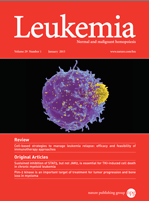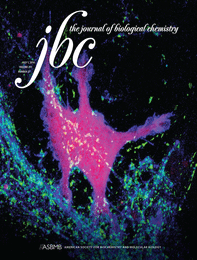 A journal has published an expression of concern (EOC) for a 2016 paper providing evidence for a long-standing conspiracy theory about the dangers of cloud trails from jet planes.
A journal has published an expression of concern (EOC) for a 2016 paper providing evidence for a long-standing conspiracy theory about the dangers of cloud trails from jet planes.
A similar paper by the same author was retracted last year by another journal.
Both papers focused on the “chemtrails” emitted from jet planes, which conspiracy theorists have long believed contain toxic coal fly ash rather than harmless ice crystals, as the government claims. According to a press release about the 2016 paper, released by author J. Marvin Herndon, a geophysicist and “independent researcher” at the Transdyne Corporation in San Diego, California, the paper presents evidence the chemtrails contain coal fly ash, linked to a number of health problems.
But many people disagree with the findings — Jeffrey Beall, a librarian at the University of Colorado, Denver, criticized the paper on his blog.
Here’s the EOC, published today by Frontiers in Public Health: Continue reading Controversial chemtrails paper flagged by journal








